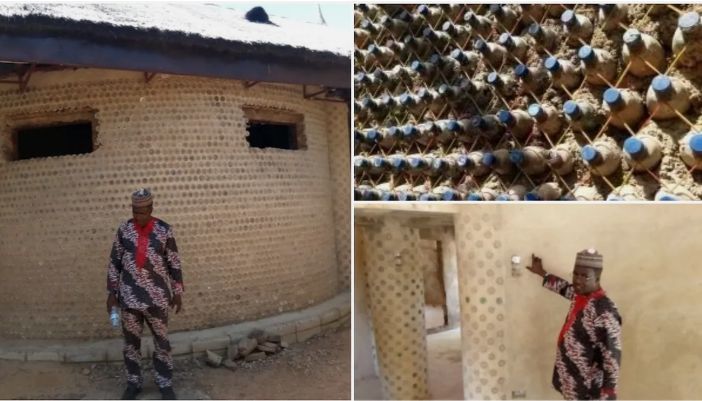About 80 percent of the world’s food is produced by family farms according to the United Nations. So, climate change’s effect on agriculture could have repercussions that reach far beyond individual farmers and their families.
Unless people take significant steps to reverse course and cut greenhouse gas emissions, the situation may continue to intensify. No one knows for sure what impact this will have on future food supplies. The models by the International Food Policy Research Institute estimate that global maize production could shrink 24 percent by 2050.
Challenges African Farmers Face
Farmers in Sub-Saharan Africa are particularly vulnerable, in part because they mostly rely on rain-fed agriculture instead of irrigating. In Uganda, the rainy season typically lasts from March through to May and then October till November. Light rains then come in November through to December. After which the weather becomes too dry to support growing crops. Every year, farmers need to produce enough food from their single annual harvest to feed their families until the next season.

Teso Farmers Agribusiness Centre in partnership with AgriProFocus Uganda aims at attracting and engaging youth into Farming as a Business and a smart way to combat climate change and provide a sustainable food supply.
In good years, farmers have enough grain left over to sell as income, but when crops fail, families often experience an annual “hunger season,” a time of meal skipping and rationing until the next harvest.
Every year has its own challenges, but thanks to climate change, farmers are now facing greater difficulties from three main threats:
- Extreme weather: Volatile weather is a hallmark of climate change. It can manifest in any number of ways — droughts, floods, severe storms, heatwaves, cold snaps. Extreme weather events are expected to increase in frequency as the Earth’s atmosphere warms. Farmers in Eastern and Southern Africa are already experiencing the effects. In 2016, the region saw the most severe drought in decades, which dramatically reduced harvests and left many families hungry.
- Pests and diseases: Changes in temperatures and moisture conditions can allow crop diseases and pests to migrate into new areas. Recently, Sub-Saharan Africa has witnessed the spread of fall armyworms. An invasive caterpillar that can devastate maize yields when left unchecked. We’ve also witnessed an infestation of locusts that eat any kind of vegetation in their way. We still don’t know for sure what caused this outbreak, but some scientists have linked its spread with climate change.
- Long-term hotter temperatures: Average global temperatures are expected to rise over the coming decades. This could lead to desertification and smaller harvests in Sub-Saharan Africa. If global temperatures increase by 4 degrees Celsius by the year 2100, maize yields in some African countries would probably decline by more than 20 percent, according to a study published last year.
What Comes Next?
Increased access to better farm inputs and agricultural training can help improve crop yields, and sometimes temper the effects of extreme weather. Governments should work on a number of efforts to help farmers mitigate and adapt to climate change. This includes training on sustainable farming methods that can benefit soils, providing farmers with crop insurance as a buffer against weather volatility, and distributing millions of trees, which can help capture carbon, improve soils, and prevent erosion and water run-off. You can read more about these resiliency efforts and more on our Climate and Soils page.
While the future may look uncertain, it’s not too late to reverse course. Governments, institutions, and private sector groups need to include support for smallholders in their wider efforts to combat climate change. Enabling farmers to access the financing, tools, and training they need will help ensure that millions of rural families can sustainably harvest crops through the years to come.
Check Also;
- Frequent Power Blackouts In Uganda Shows UETCL Power Grids Aren’t Ready For Adverse Effects Of Climate Change
- African Countries Among Top 10 To Be Worst Hit By Climate Change
- How Climate Change Will Impact Human Rights Of Millions Across The World
Please use the button below to contribute to Newslex Point, Inc. using a credit card or via PayPal.

 Newslex Point News in Uganda, Uganda news
Newslex Point News in Uganda, Uganda news












